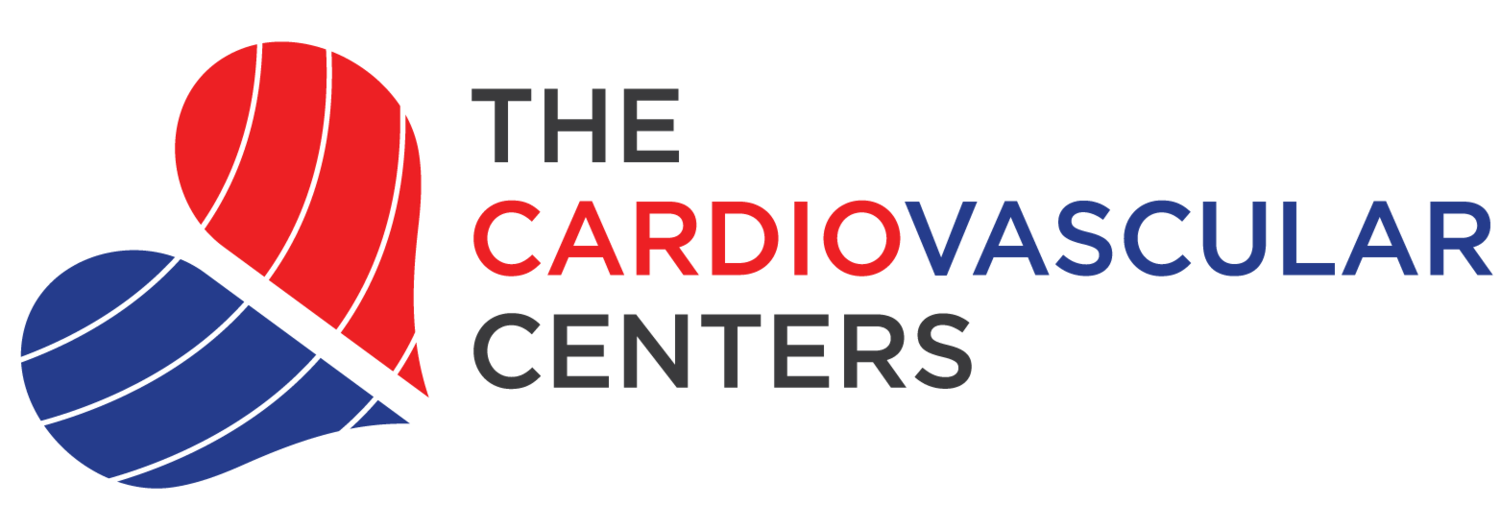Preventative Cardiology
Dr. Marwaha believes in preventing heart disease just as strongly as he believe in diagnosing and treating it. Early identification of cardiovascular disease plays an important role in prevention. It gives you and your primary care doctor valuable information to develop a lifestyle and treatment plan, if necessary.
Non-Invasive Cardiology
Cardiovascular disease remains the leading cause of death for both men and women. Approximately 80 million adults have one or more types of cardiovascular disease.
Our doctors in non-invasive cardiology give you the basics you need to know about heart care. Here at The Cardiovascular Centers we focus on the initial assessment/diagnosis of cardiovascular disease, the management of heart disease and controlling risk factors to avoid future heart disease problems. Common tests include echocardiograms, stress tests, electrocardiograms and CT angiography.
As part of your non-invasive assessment, we will focus on your risk factors and preventive measures. We know that you may be unable to control all of the major risk factors such as age and family history, but there are still things you can do! Our physicians believe in preventing heart disease just as strongly as they believe in diagnosing and treating it. Early identification of cardiovascular disease plays an important role in prevention. It gives you and your primary care doctor valuable information to develop a lifestyle and treatment plan, if necessary.
We recommend that you adopt these heart friendly changes in your lifestyle to decrease your odds of developing cardiovascular disease:
Get Active
Eat a heart healthy diet
Do not smoke
Maintain a healthy weight
See your primary care doctor on a regular basis, share your family history, and have regular blood pressure, cholesterol, and diabetes screenings.
Invasive & Interventional Cardiology
A key function of the heart is pumping blood through your body. Heart is a muscle and it not only pumps blood to the entire body, it also pumps blood to its own muscle through heart arteries. When blood flow to the heart becomes obstructed by hardened or clogged arteries your heart has to work harder to get the oxygen it needs to work properly. This can cause a heart attack or heart failure. Dr. Marwaha may use advanced tests and treatments to reduce the risk of heart attack due to a blockage caused by hardened arteries.
Dr. Marwaha specializes and has advanced training in using minimally invasive techniques often involving catheters. Catheters are small, flexible tubes inserted into the body through a needle access instead of a surgical cut technique. He preforms cardiac catheterization during which catheter is carefully threaded into the heart using an x-ray machine that produces real-time digital images. Once the catheter is in place, contrast material is injected and images of your heart are taken. These pictures determine if blockages are present. If blockages need to be opened, Dr. Marwaha can perform minimally invasive procedures that rely on catheters and small incisions instead of traditional surgery. These procedures include balloon angioplasty and implantation of coronary stents to hold open previously blocked arteries.
For valvular heart disease, balloon valvuloplasty can be preformed to widen a stiff or narrowed heart valve. Other procedures offered by our physicians include transcatheter aortic valve replacement (TAVR), and mechanical circulatory support with percutaneous ventricular assist devices for high risk patients with severe heart disease or cardiogenic shock.
Arrhythmia Evaluation and Treatment
An arrhythmia is a problem with the rate or rhythm of the heartbeat. During an arrhythmia, the heart can beat too fast, too slow, or with an irregular rhythm. Many patients may complaint of palpitations or a feeling of a skipped heart beat. Occasionally, patients may also report dizziness, lightheadedness or passing out spells.
A heartbeat that is too fast is called tachycardia. A heartbeat that is too slow is called bradycardia. Most arrhythmias are harmless, but some can be serious or even life threatening. During an arrhythmia, the heart may not be able to pump enough blood to the body. Lack of blood flow can damage the brain, heart, and other organs.
One of the most common arrhythmia in America is Atrial Fibrillation. It presents as a fast and irregular heart beat. It may predispose the patients to stroke and its early detection and treatment is important.
There are many other types of arrhythmia. Most arrhythmias are harmless, but some are not. The outlook for a person who has an arrhythmia depends on the type and severity of the arrhythmia. some of the common test that may help in arrhythmia evaluation include ECG, Holter monitoring, Event Recorder, Echocardiogram and Stress test. The Cardiovascular Centers offers you wide range of tests for treatment and management of hear rhythm problems. Even serious arrhythmias often can be successfully treated. Most people who have arrhythmias are able to live normal, healthy lives.
Peripheral Vascular Disease
Vascular disease includes conditions that affect the circulatory system. As the heart beats, it pumps blood through a system of blood vessels called the circulatory system. The vessels are elastic tubes that carry blood to every part of the body. Arteries carry blood away from the heart while veins return it.
Vascular disease ranges from diseases of your arteries, veins, and lymph vessels to blood disorders that affect circulation. One of the most common forms of vascular disease is peripheral arterial disease, when arteries outside your heart develop atherosclerosis (plaque) that narrows the artery and limits blood flow to the body. These blockages can be treated with minimally invasive catheter based techniques or by vascular surgery.







